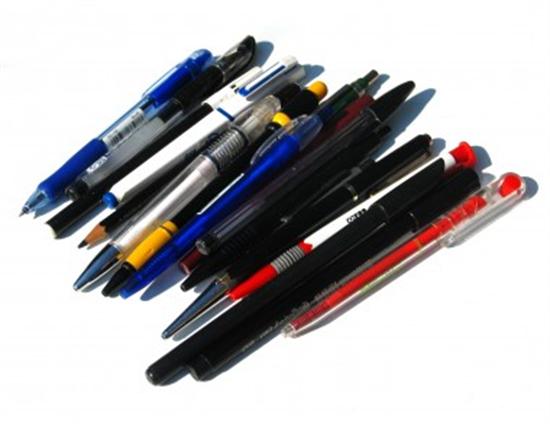Resourceful Information
The Importance of Critical Minerals in Our Everyday Lives
WASHINGTON, D.C.,
May 23, 2011
|
Jill Strait, Spencer Pederson or Crystal Feldman
(202-225-2761)
The Subcommittee on Energy and Mineral Resources will hold a hearing tomorrow to examine our domestic supplies of strategic and critical minerals and the growing need to develop our own resources to improve national security and further our energy independence. Critical and strategic minerals are fundamental components of technologies and everyday items ranging from cell phones, building materials and motor vehicles to personal hygiene products.
“The United States is heavily reliant on foreign countries such as China for critical minerals that are the building blocks of our economy and imperative to renewable energy development, military technology and the manufacturing of nearly all of our electronic devices. This hearing is an important first step towards reinvigorating America’s domestic mining industry in order to increase our national, economic and energy security,” said Natural Resources Committee Chairman Doc Hastings (WA-04). Minerals in Our Everyday Lives
### |
Newsletter Sign Up
Sign up to receive news, updates and insights directly to your inbox.










